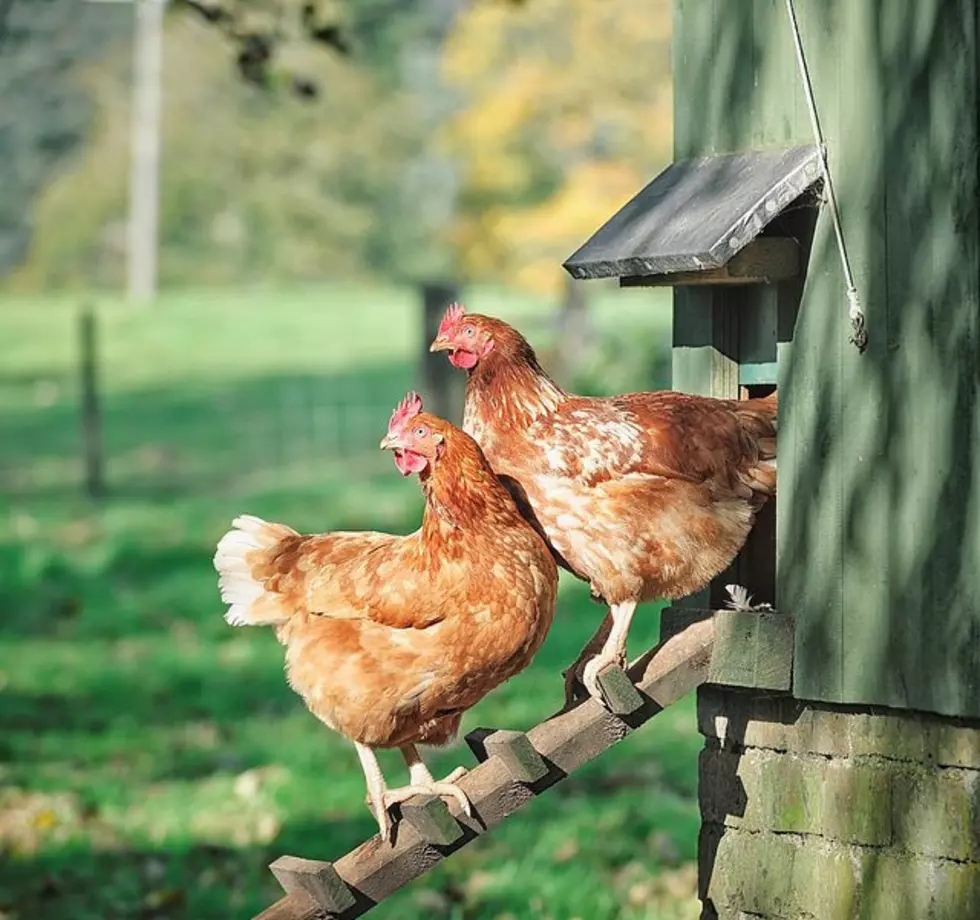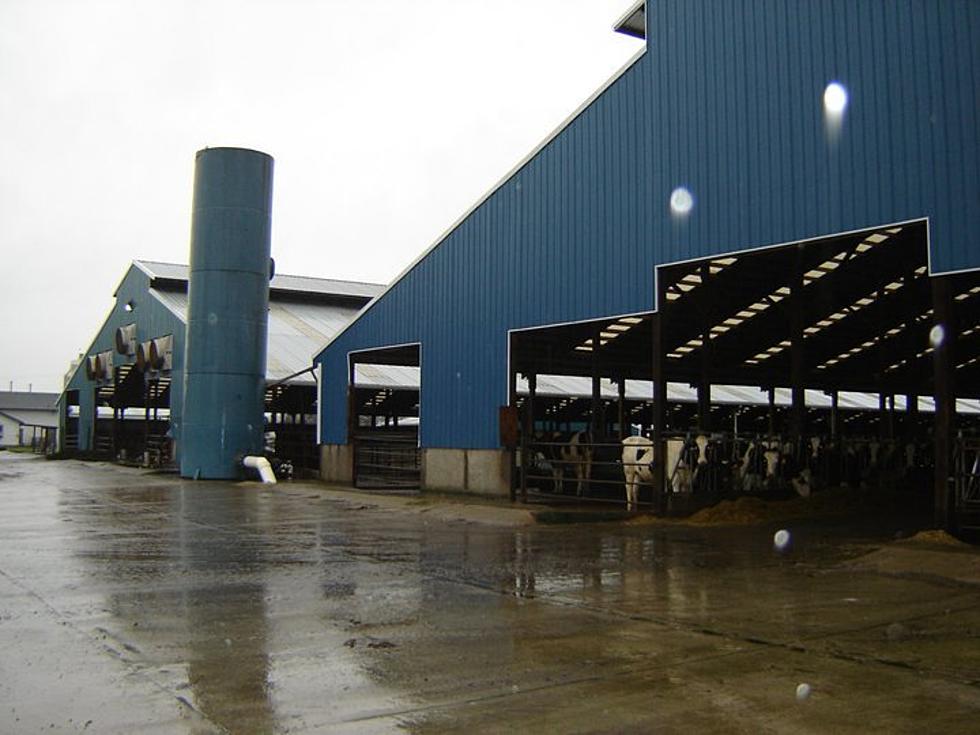
ODA Revises Water Quality Policies for Small Livestock Farms
OREGON - The Oregon Department of Agriculture (ODA) takes its responsibility for regulating agricultural water quality, including permitted Confined Animal Feeding Operations (CAFO), seriously. As Oregon’s agriculture industry continues to evolve, the Department regularly evaluates its policies to ensure they are responsive to the changing and growing needs of those it serves.
Effective immediately, ODA is withdrawing and will not take enforcement action based on the policy described in the January 2023 white paper and discussed at the April 13, 2023, CAFO Advisory Committee meeting. In particular, ODA withdraws its policy that the act of milking an animal in a barn, or the washing of equipment used in milking an animal, triggers a CAFO permit coverage requirement. Many small farm operators involved in livestock production could have been required to obtain a CAFO permit under the withdrawn policy, but it is no longer necessary in most cases.
ODA is evaluating its current CAFO rules as it prepares for a rulemaking that will implement Senate Bill 85 (2023). Through this process, ODA will also look for opportunities to clarify who is required to hold a CAFO permit. ODA encourages the public and livestock producers to engage in the rulemaking process when ODA notices the draft rules for public comment. To receive updates please subscribe at ODA.fyi/subscribe or visit Rulemaking at ODA.
Small farm operators should be aware that while they may not be subject to CAFO regulation, the State of Oregon prohibits all agricultural activities that cause water pollution and place waste where it may enter the state’s waters. Additionally, operators are subject to water quality area rules. The public can find area maps and rules on ODA’s Agricultural Water Quality Plans webpage.
LOOK: These Are the Counties With the Most Farmland in Oregon
Gallery Credit: Stacker
Oregon's Top 10 Commodities
Gallery Credit: Jaime Skelton
More From PNW Ag Network









